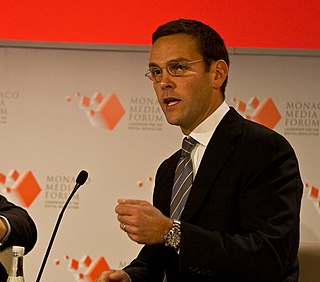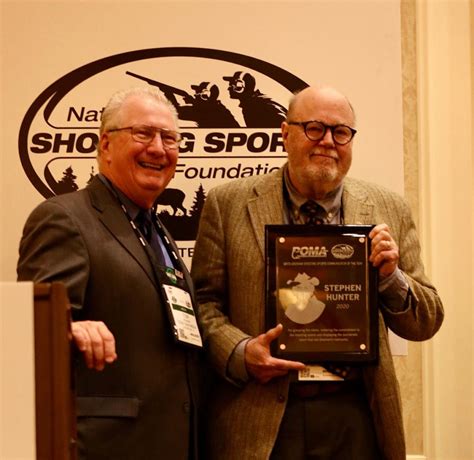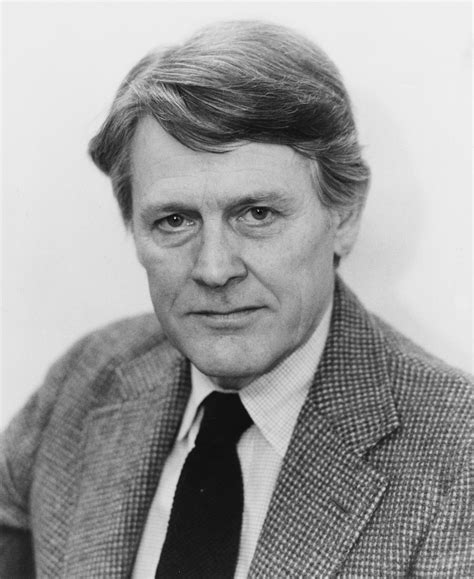A Quote by Vincent Bugliosi
To form a strong opinion, you have to be knowledgeable about the subject. You have to have access to all the relevant information. You gotta be literally an expert.
Related Quotes
while the executive should give every possible value to the information of the specialist, no executive should abdicate thinking on any subject because of the expert. The expert's information or opinion should not be allowed automatically to become a decision. On the other hand, full recognition should be given to the part the expert plays in decision making.
Many people will tell you that an expert is someone who knows a great deal about the subject. To this I would object that one can never know much about any subject. I would much prefer the following definition: an expert is someone who knows some of the worst mistakes that can be made in the subject, and how to avoid them.
When you work at Google and tell these engineers that their skill set is relevant to somebody in Iran who doesn't have access to information in their country or the rest of the world, it really inspires them to want to do something about it. There is a genuine altruism that exists at this company, and that's why I'm here and not anywhere else.
You should form your own opinions, and I think that's why social media is good because it's an alternative source of information that can help you form your opinion, that might not be your parents, and might not be what the media is trying to force down your throat. So that's why it's important for artists and musicians to speak up, because for those people who have an inkling that their parents' views aren't right or that their parents don't have any views or whatever, that's an alternative source of information that can help them form their own opinion.

































